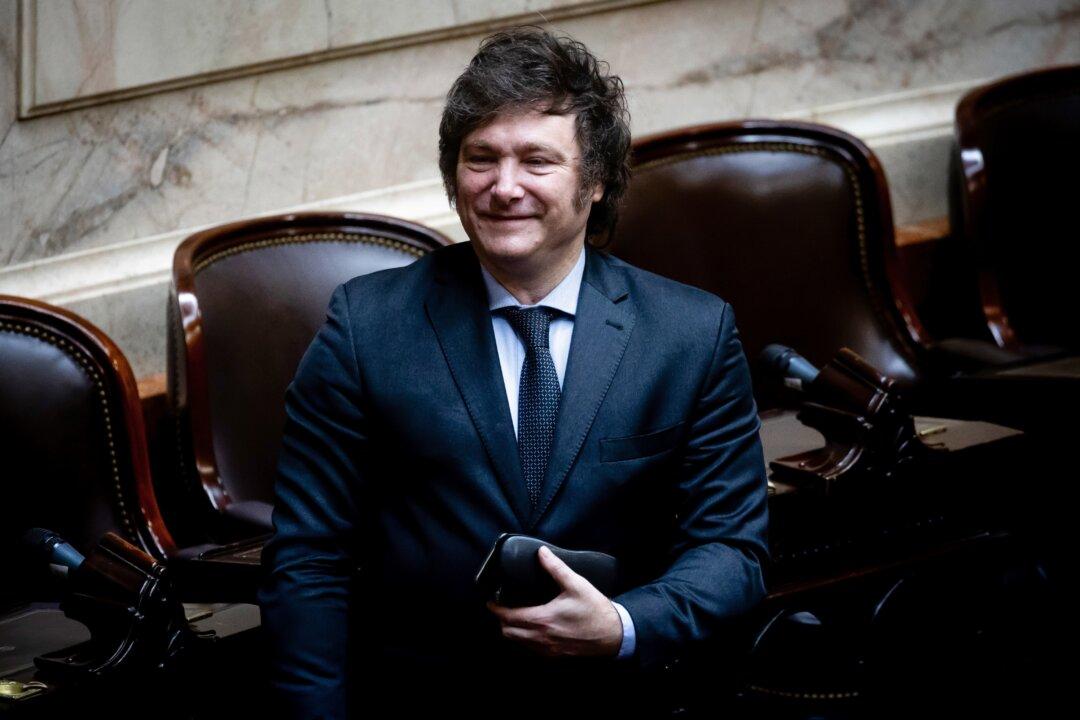Argentine President-elect Javier Milei’s plan to abolish the country’s central bank might not be a “slam dunk,” former U.S. congressman and three-time presidential candidate Ron Paul has cautioned.
The libertarian economist ran on a campaign of dismantling the central bank, dollarizing Argentina’s economy, and shrinking the size and scope of government. While some media reports suggest that Mr. Milei could be in the early stages of backtracking on some of his proposals, his team has insisted that this type of “shock therapy” is “non-negotiable.”





